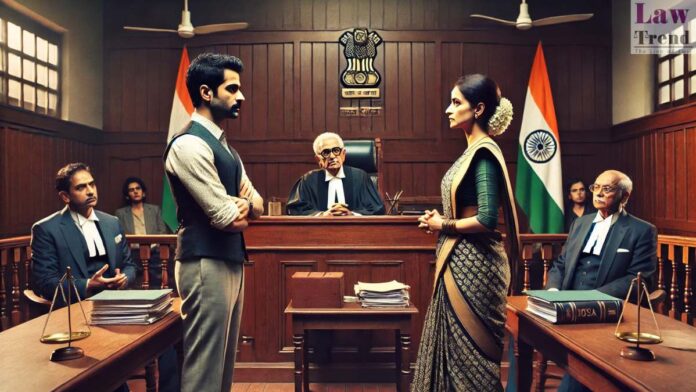In a significant ruling, the Madurai Bench of the Madras High Court dissolved a marriage on grounds of mental cruelty. The case arose from multiple legal proceedings between a husband and wife, including a petition filed by the wife for restitution of conjugal rights and another by the husband seeking divorce. Both petitions were initially
To Read More Please Subscribe to VIP Membership for Unlimited Access to All the Articles, Download Available Copies of Judgments/Order, Acess to Central/State Bare Acts, Advertisement Free Content, Access to More than 4000 Legal Drafts( Readymade Editable Formats of Suits, Petitions, Writs, Legal Notices, Divorce Petitions, 138 Notices, Bail Applications etc.) in Hindi and English.




